Is it time to end university offers based on predicted grades?
Labour is calling for drastic overhaul of current system
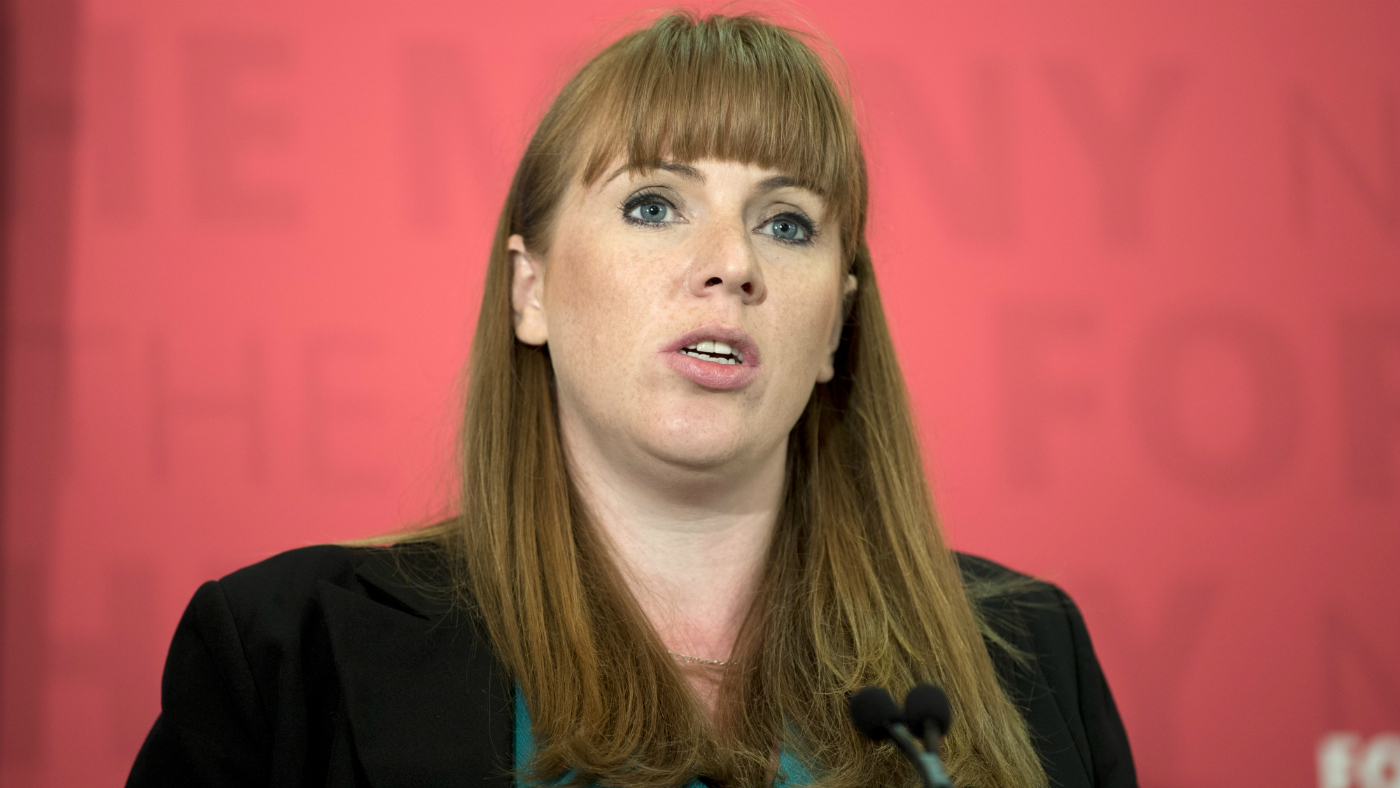
A free daily email with the biggest news stories of the day – and the best features from TheWeek.com
You are now subscribed
Your newsletter sign-up was successful
Labour has pledged to scrap the system of offering university places based on predicted grades, in order to avoid discrimination against disadvantaged pupils.
Instead, the party would introduce a post-qualifications admissions (PQA) system in which students would apply to university courses after receiving their final A-level marks, reports the BBC.
The plan was announced by shadow education secretary Angela Rayner as more than 300,000 school-leavers in England, Wales and Northern Ireland awaited the results of their A-levels and other qualifications this week.
The Week
Escape your echo chamber. Get the facts behind the news, plus analysis from multiple perspectives.

Sign up for The Week's Free Newsletters
From our morning news briefing to a weekly Good News Newsletter, get the best of The Week delivered directly to your inbox.
From our morning news briefing to a weekly Good News Newsletter, get the best of The Week delivered directly to your inbox.
Rayner argues that the current admissions system is “deeply unfair” and “isn’t working for students”, adding: “Radical action is needed to change that.”
A PQA system would also see the end of unconditional offers, where students are offered a guaranteed university place based on predicted grades, regardless of their eventual exam results. Two in five students received unconditional offers in 2019, reports The Independent.
Labour says that teachers’ predicted grades are wrong “in the vast majority of cases” and that disadvantaged students and those from minority backgrounds have “lost out on opportunities on the basis of those inaccurate predictions”.
Those claims are backed up by figures from The Sutton Trust. The social mobility charity says that “research has found that high-attaining disadvantaged students are more likely to have their grades under-predicted than their better-off peers”.
A free daily email with the biggest news stories of the day – and the best features from TheWeek.com
A 2011 study by the Department for Business Innovation and Skills found that the rate of correct A-level predictions was lowest among black students, at 39.1%, while white students had the highest grade prediction accuracy, at 53%.
Overall, 51.7% of A-level predictions were correct.
Jo Grady, general secretary of the University and College Union, says that Labour’s proposed reforms would help “level the playing field for students, remove the problems associated with unconditional offers and end the chaotic clearing scramble”.
But Clare Marchant, chief executive of university admissions service Ucas, says research has shown that a PQA system could “significantly disadvantage” both disabled students and those from minority backgrounds, reports Sky News.
“Universities and colleges need time for interviews, auditions and considering contextual information about applicants, and time to put in place support services to help care leavers, first in family and disabled students transition into higher education,” she argues.
Ucas figures show that under the current system, about 78% of applicants receive their first choice of university or college, regardless of their background.
Geoff Barton, general secretary of the Association of School and College Leaders, told the BBC that reforming the system would “represent a significant and complex change”.
“It would be extremely difficult to manage the entire applications process in the few weeks between A-level results in mid-August and the beginning of university terms in September or October, and it is likely that we would need to rethink the entire calendar.”
-
 Democrats push for ICE accountability
Democrats push for ICE accountabilityFeature U.S. citizens shot and violently detained by immigration agents testify at Capitol Hill hearing
-
 The price of sporting glory
The price of sporting gloryFeature The Milan-Cortina Winter Olympics kicked off this week. Will Italy regret playing host?
-
 Fulton County: A dress rehearsal for election theft?
Fulton County: A dress rehearsal for election theft?Feature Director of National Intelligence Tulsi Gabbard is Trump's de facto ‘voter fraud’ czar
-
 Where will international students go if not the US?
Where will international students go if not the US?Talking Points China, Canada and the UK are ready to educate the world
-
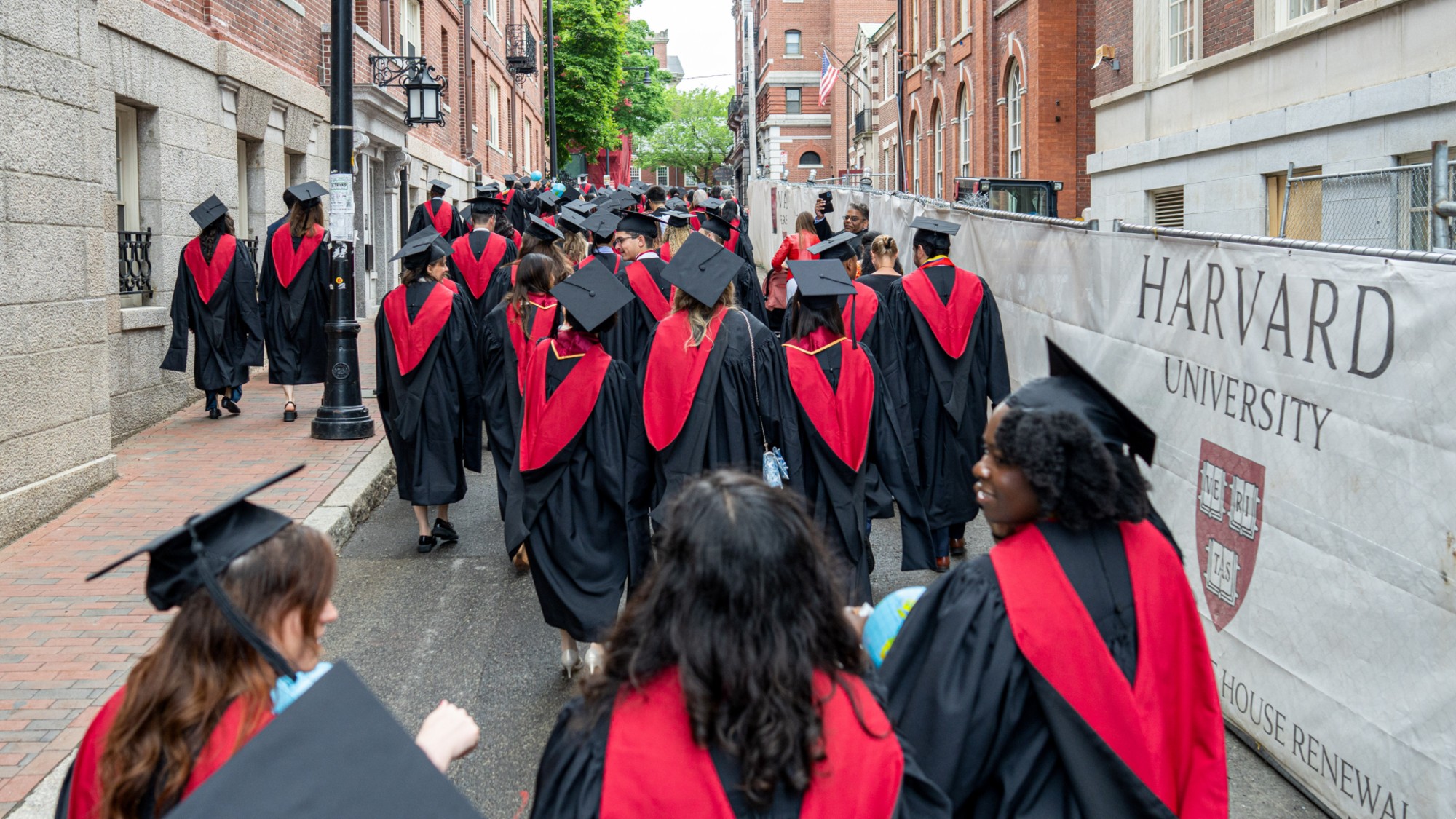 Colleges are canceling affinity graduations amid DEI attacks but students are pressing on
Colleges are canceling affinity graduations amid DEI attacks but students are pressing onIn the Spotlight The commencement at Harvard University was in the news, but other colleges are also taking action
-
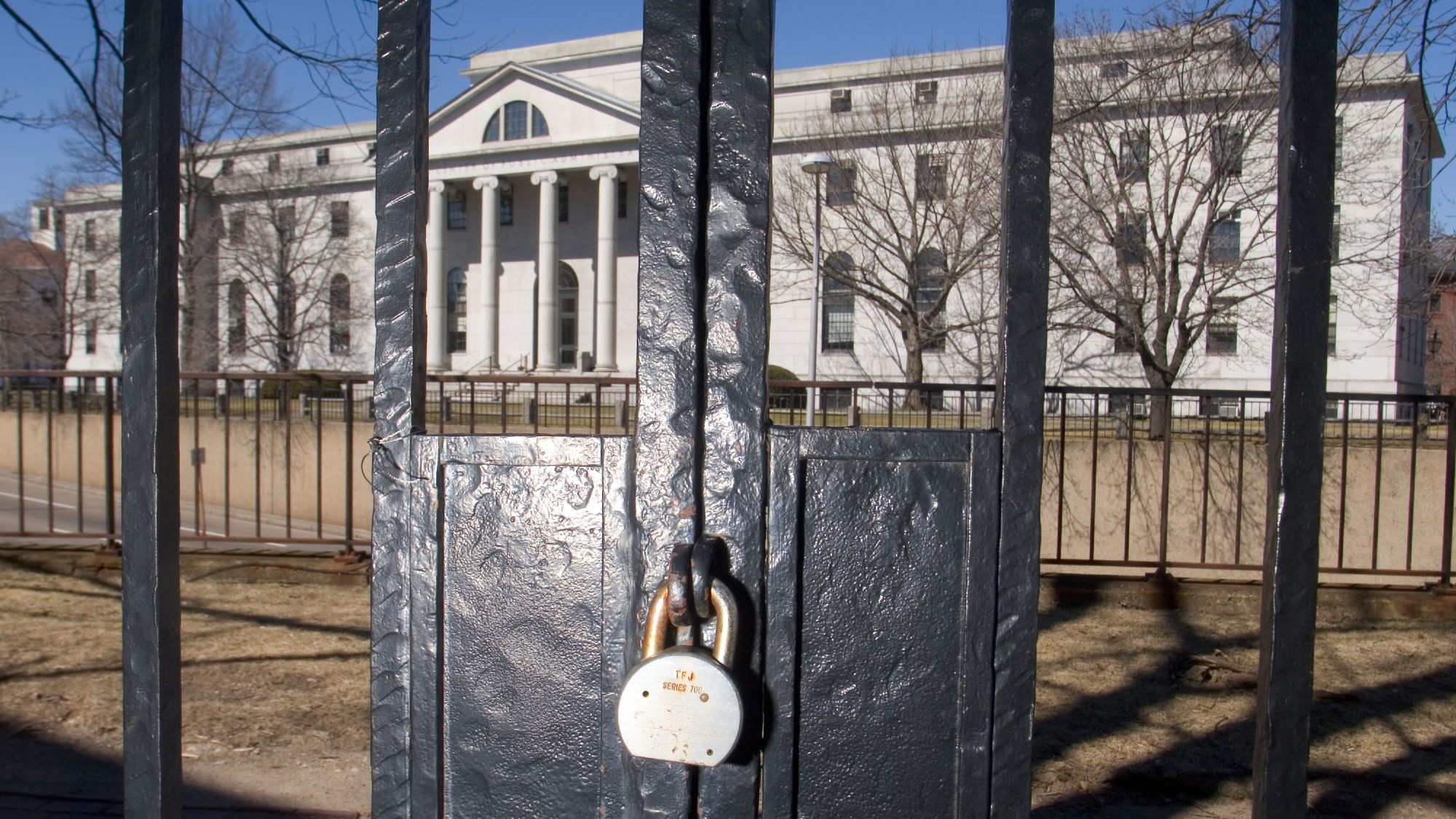 Can Trump ban overseas students from US universities?
Can Trump ban overseas students from US universities?Today's Big Question President's decision to revoke Harvard's access to database for admitting international students 'drastically escalates' the dispute
-
 America's academic brain drain has begun
America's academic brain drain has begunIN THE SPOTLIGHT As the Trump administration targets universities and teachers, educators are eying greener academic pastures elsewhere — and other nations are starting to take notice
-
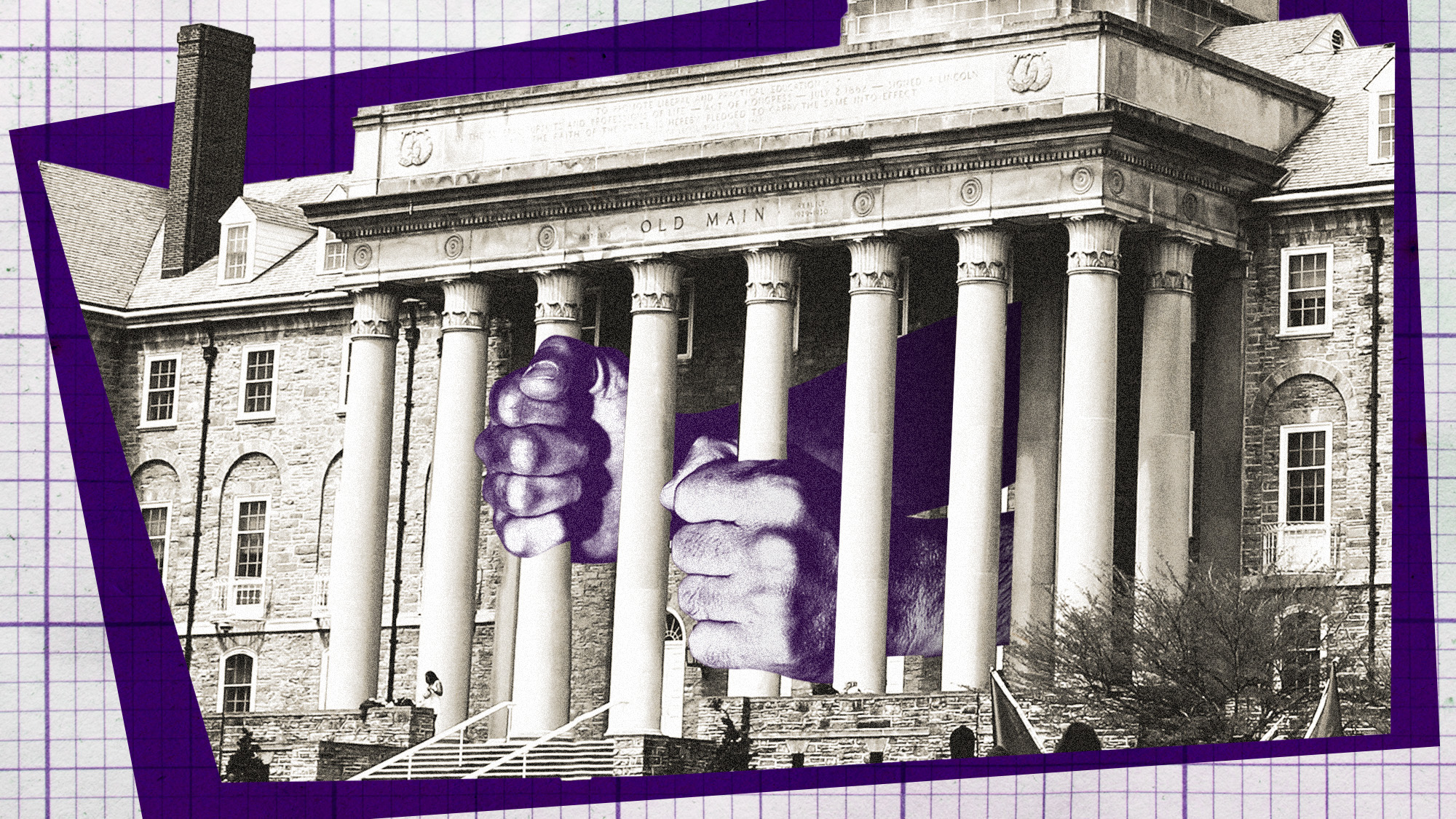 Is academic freedom in peril?
Is academic freedom in peril?Today's Big Question Faculty punishments are on the rise
-
 Anti-Israel protests impact a Jewish-rooted university
Anti-Israel protests impact a Jewish-rooted universityThe Explainer The president of Brandeis University resigned as a result of multiple factors, including his handling of recent protests
-
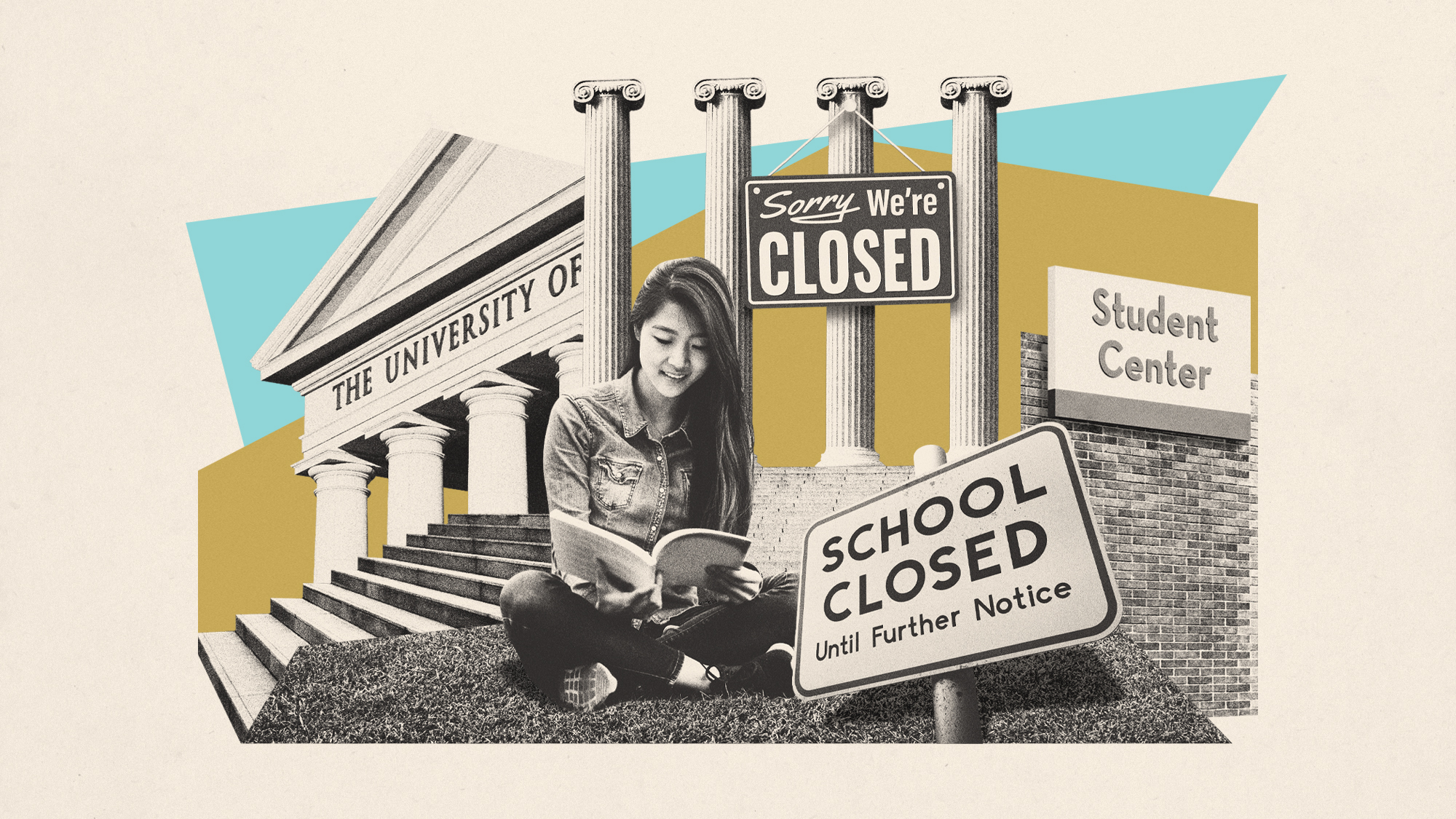 Why are so many colleges closing?
Why are so many colleges closing?Today's Big Question 'Enrollment cliffs' and higher tuition both play a role
-
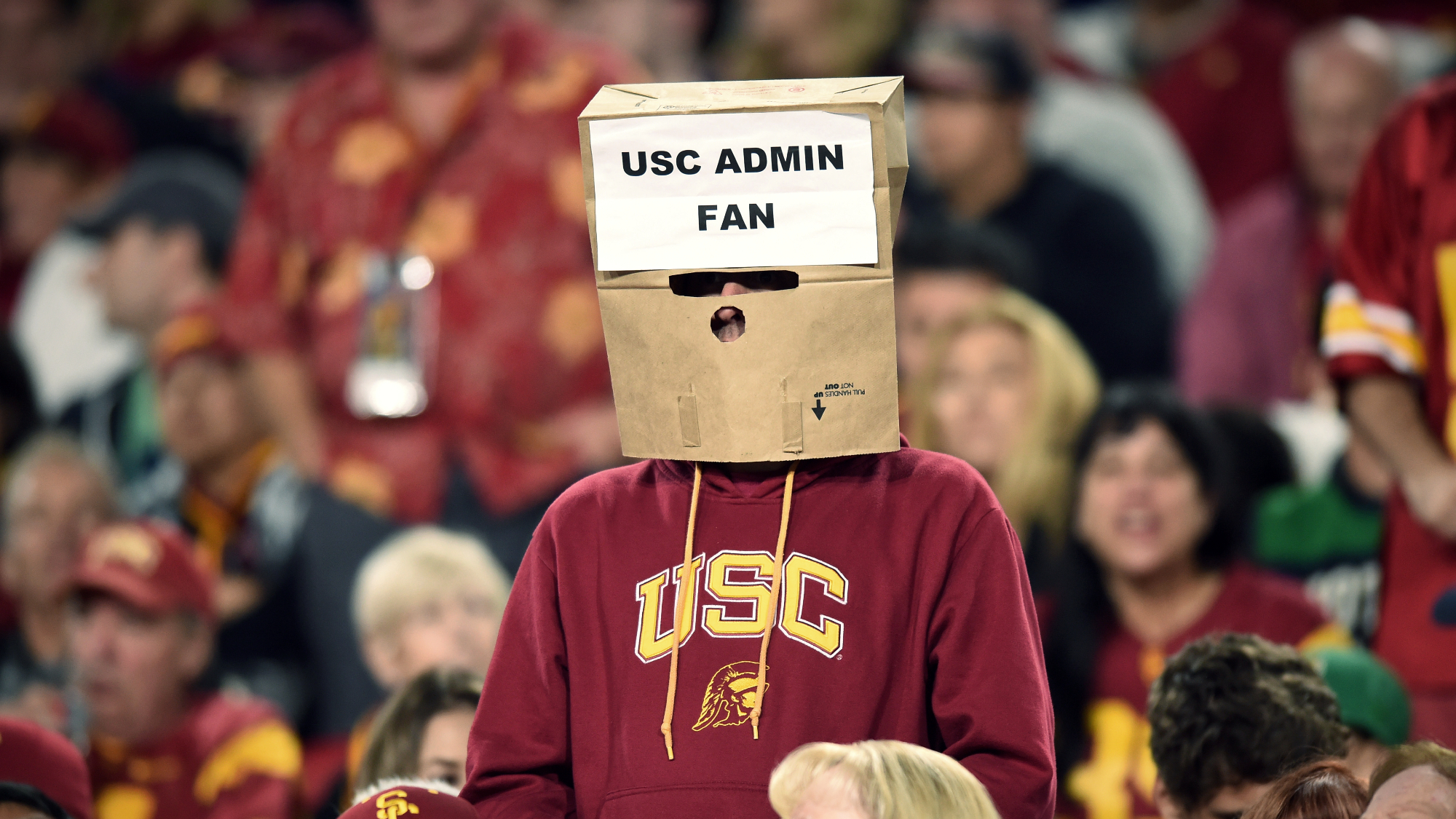 USC under fire for canceling valedictorian speech
USC under fire for canceling valedictorian speechSpeed Read Citing safety concerns, the university canceled a pro-Palestinian student's speech